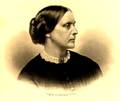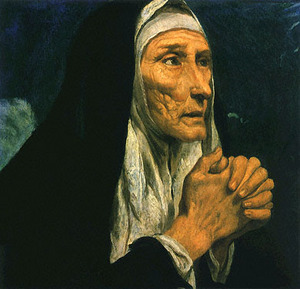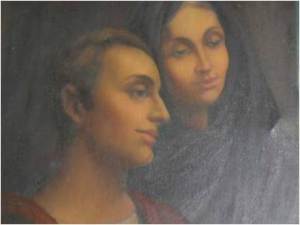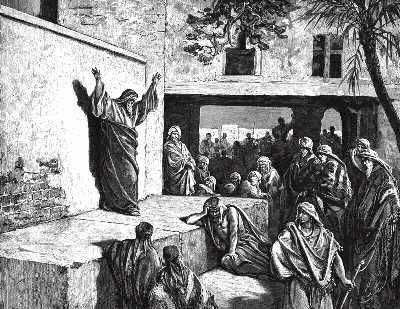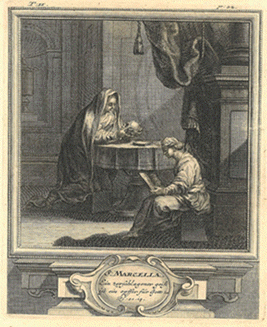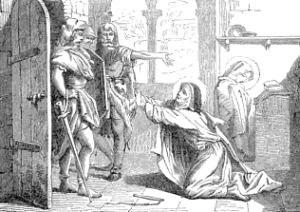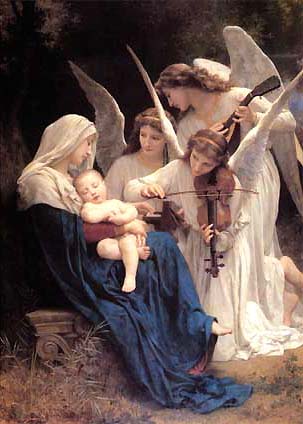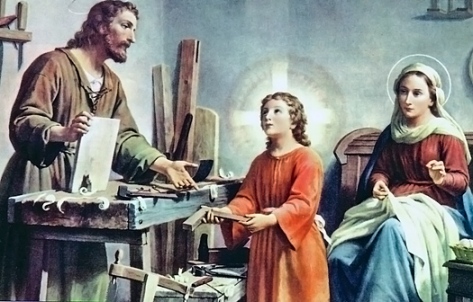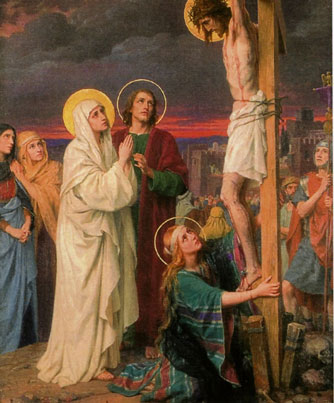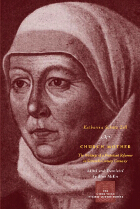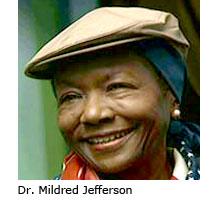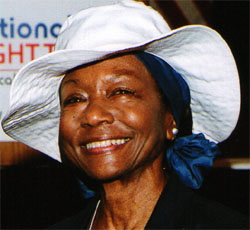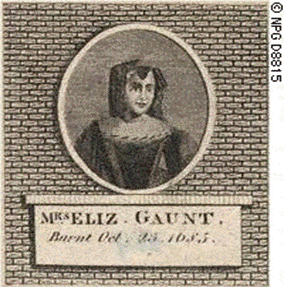“How long, O Lord, will I call for help, and You will not hear? . . . the law is ignored and justice is not upheld. For the wicked surround the righteous; therefore justice comes out perverted. . . .Why are You silent when the wicked swallow up those more righteous than they?
I will stand on my guard post and station myself on the rampart; and I will keep watch to see what He will speak to me, and how I may reply when I am reproved.” (Habakkuk 1:2, 4, 13, and 2:1).
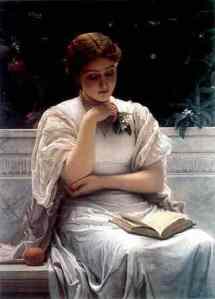 “She extends her hand to the poor, and she stretches out her hands to the needy. . . Strength and dignity are her clothing, and she smiles at the future. She opens her mouth in wisdom, and the teaching of kindness is on her tongue. She looks well to the ways of her household, and does not eat the bread of idleness. Charm is deceitful and beauty is vain, but a woman who fears the Lord, she shall be praised.” (Proverbs 31:20, 25-27, 30).
“She extends her hand to the poor, and she stretches out her hands to the needy. . . Strength and dignity are her clothing, and she smiles at the future. She opens her mouth in wisdom, and the teaching of kindness is on her tongue. She looks well to the ways of her household, and does not eat the bread of idleness. Charm is deceitful and beauty is vain, but a woman who fears the Lord, she shall be praised.” (Proverbs 31:20, 25-27, 30).
We are living in a time when we can easily ask God, “How much worse can things get?” This is not the first time in history that a culture has sunk to a place where wickedness seems to prevail. This is not the first time that evil men have tried to get away with all that they can in order to enrich themselves and get as much power as possible.
In Habakkuk’s day the rich were preying on the poor. Those who had money and power continued to grow fat while widows and orphans were starving. Bribery was rampant. Nobody cared about justice. Lies were told flagrantly and were believed willingly by a people who preferred their comforts to the hard truth.
Does all of this sound familiar?
It seemed to Habakkuk that God was silently allowing all of this to go on. I, too, wonder how all of these wicked things can be happening. This is hard to take in a country where we grew up believing that we would have our freedoms forever. But we did not reckon with human nature. If men do not believe that they have to answer to God, they will be greedy and grasping and only please themselves.
The Israelites in Habakkuk’s day had long forgotten God. I think we can safely say that most people in America have also forgotten God. Even if they think, “He is out there somewhere,” they live as if He doesn’t care how they act.
I have said before that history does not repeat itself. People keep doing the same stupid things over and over again because they will not learn from God. When everybody is running around just getting as much as they can for themselves, then of course society will break down. We had the greatest country in the world because we were living by Christian principles. We lived for a long time off of the capital that was invested by our forefathers. Now, we have not only long ago spent the interest, but the capital is eroding. We are losing our freedoms one by one. I am afraid that since our society is no longer Christian, we do not have what it takes to get our freedoms back. No one will make the sacrifice. Everyone wants someone else to pay the price. In a Christian society, people would be less selfish.
God let the Israelite nation get worse and worse, even to the point of enemy invasion before He intervened. For some reason it takes a major calamity before people will wake up and ask God to forgive them and send help.
I have been hoping that the humiliation of exposing our most private possession, our bodies, to government officials would be enough of a calamity to wake everyone up and turn back to God. I thought that when people realized that their government just trashed their Fourth Amendment, it had gone too far. Apparently that is not enough. I’ve been told over and over again that it’s no big deal. These folks are the frogs who are in the lukewarm water. They won’t try to change until it’s too late.
Why is this? For some, it’s the idea of, “don’t disturb my comfort.” For others, it’s the lie that somehow this body scanning is for their own protection. They have been believing the lies of the government for so long, and this is just one more. They have long ago lost the ability to discern right from wrong. They cannot tell truth from lies anymore.
Like the prophet, I don’t know how long this can go on. In the meantime, how shall we as Christian women live our lives?
In the midst of these evil times it is more important than ever that we live righteous lives. It is obvious that we can’t change the whole system. We can pray that God will send a revival of some sort, but short of that we need to at least be faithful in our own callings. We can affect those around us. If they will wake up and see what is happening, they in turn can affect others.
lives. It is obvious that we can’t change the whole system. We can pray that God will send a revival of some sort, but short of that we need to at least be faithful in our own callings. We can affect those around us. If they will wake up and see what is happening, they in turn can affect others.
We can take a firm stand. God has told us what he wants, “to do justice, to love kindness, and to walk humbly with your God.” (Micah 6:8)
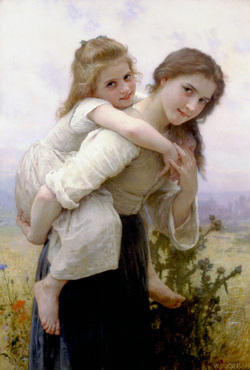 There is no better picture of this than the Virtuous Woman in Proverbs 31. The principles in this Scripture are timeless. The Godly woman not only looks to the welfare of her husband and family, she cares for her neighbors around her. Think how different our society would be if women cared about how much they could give instead of how much they can take. Do you see how practical this is? If everybody is “taking” we soon run out of resources.
There is no better picture of this than the Virtuous Woman in Proverbs 31. The principles in this Scripture are timeless. The Godly woman not only looks to the welfare of her husband and family, she cares for her neighbors around her. Think how different our society would be if women cared about how much they could give instead of how much they can take. Do you see how practical this is? If everybody is “taking” we soon run out of resources.
A woman who is consistently kind and generous is a woman who can be trusted in all situations. As the economy gets worse in our country, the poor can count on her generosity. This is the way that a society is blessed.
The destitute will not go to their grasping, lazy neighbors. As the greedy increase, society breaks down. Bribery, crime, negligence of the poor, and falsehoods will be the order of the day.
No, we as individuals may not be able to change the whole country, but we can make the part of the country that we live in a better place for those around us. We can ease the pain of the loss of our freedoms as we excel in charity.
